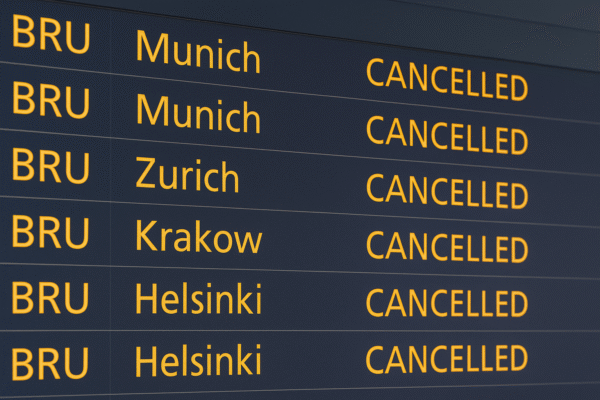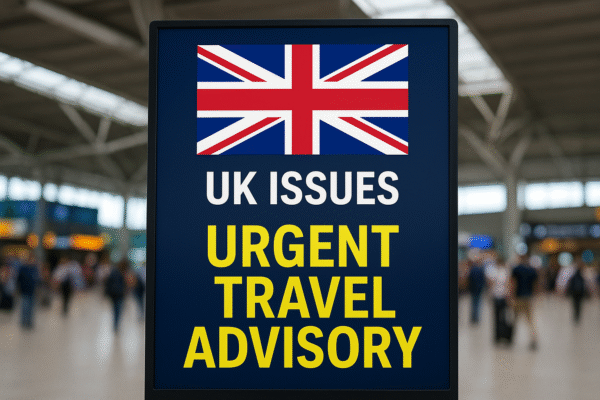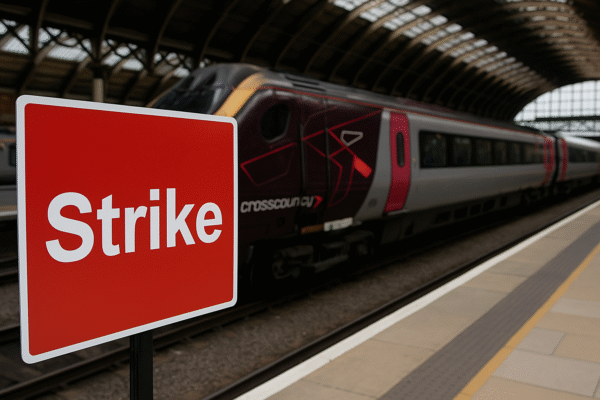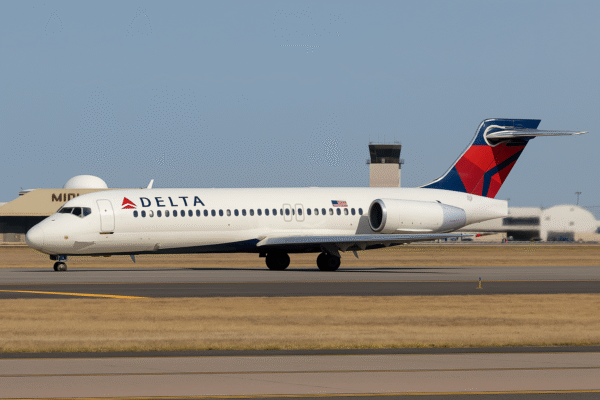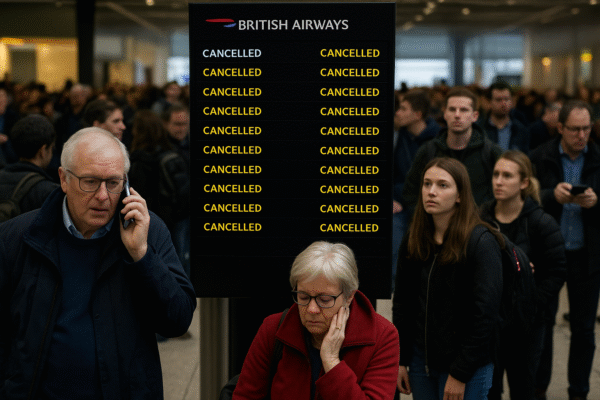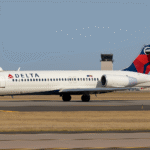Tourism and commuter travel across the United Kingdom is set to face major interruptions this autumn, as CrossCountry train drivers prepare to strike in both September and October 2025. CrossCountry, one of the UK’s widest-reaching rail operators, links Scotland, England, and Wales, serving major hubs including Edinburgh, Glasgow, Birmingham, Manchester, Cardiff, and Plymouth. With the upcoming industrial action, both domestic and international tourists visiting the UK are being advised to plan alternative travel arrangements.
The strike comes at a time when many cities are preparing for cultural festivals, autumn tourism events, and increased weekend travel. As a result, the action is expected to significantly impact passengers planning holidays, business trips, and leisure journeys across the UK rail network.
Strike Dates and Travel Impact
The first phase of industrial action will begin on Sunday, 21 September 2025, when drivers will refuse to work non-contractual overtime. This is expected to lead to widespread delays and reduced service, especially on long-distance routes.
A full strike will then take place on Friday, 3 October 2025, one of the busiest travel days of the week. On this day, services across the CrossCountry network are expected to be almost completely cancelled. This could leave thousands of passengers stranded or forced to seek alternative modes of transport such as coaches, flights, or car rentals.
Tourists planning weekend breaks, students returning to universities, and business travelers may face particular difficulties on this date.
Key Routes Affected
CrossCountry’s network stretches across Britain, connecting coastal towns, rural destinations, and major cities. Among the routes most likely to see disruption are:
- Scotland to England: Edinburgh, Glasgow, and Aberdeen to Newcastle, York, and beyond.
- Midlands: Birmingham New Street, one of the UK’s busiest stations, will face severe congestion.
- South West England: Services to and from Plymouth, Exeter, and Bristol may be limited.
- Wales: Cardiff connections with the Midlands and South West will be heavily affected.
- Northern England: Manchester and Leeds services could see major cancellations.
For holidaymakers, this means popular tourist destinations such as the Lake District, Cornwall, and coastal resorts could become harder to reach by rail.
The Union Dispute
The strikes are being organized by the Aslef union, which represents around 632 CrossCountry train drivers. Members voted overwhelmingly in favor of the action, with a turnout of 83% and a 9-to-1 majority supporting strikes.
The dispute centers on allegations that CrossCountry’s management breached agreements, mishandled grievance processes, and acted in “bad faith.” Union leaders have expressed frustration, claiming that management has failed to honor previous commitments and misused disciplinary procedures.
For tourists and travelers, these labor disputes translate into uncertainty around transport reliability, with knock-on effects across accommodation bookings, event attendance, and wider tourism activities.
What This Means for Tourists and Travelers
With rail being one of the most popular ways to explore Britain, particularly for overseas visitors, the strike action presents significant challenges. Tourists traveling between Scotland and England often rely on CrossCountry for scenic journeys across the countryside, while domestic holidaymakers use the network to reach seaside towns, national parks, and cultural hotspots.
The strikes may also cause a surge in demand for alternative travel options:
- Coach and Bus Services: Companies are likely to add extra routes, but tickets could sell out quickly.
- Car Rentals: Prices may rise due to increased demand, particularly around key cities and airports.
- Flights: Short-haul domestic flights, especially between Scotland and southern England, may see more bookings.
Travelers are advised to check timetables regularly, book alternatives early, and allow extra travel time for their journeys.
Preparing for the Autumn Travel Season
The strikes come at a time when the UK tourism industry is gearing up for an important season. September and October bring events such as food festivals, cultural exhibitions, and autumn walking tours in national parks. Regions such as the Cotswolds, Scottish Highlands, and coastal towns see a spike in visitors seeking seasonal experiences.
Local tourism boards are encouraging travelers to keep plans flexible. In some areas, tourist attractions are providing extended opening hours or additional services to accommodate visitors arriving later than scheduled due to travel delays.
Government and Industry Response
The UK government has urged both CrossCountry and Aslef to return to negotiations, stressing the importance of minimizing disruption for passengers and safeguarding the economy. Meanwhile, rail replacement services and contingency plans are being considered, but these are unlikely to fully cover the extensive routes served by CrossCountry.
Hospitality and tourism businesses, particularly in cities such as Birmingham, Cardiff, and Edinburgh, are preparing for cancellations and last-minute booking changes. Hotels and restaurants may need to adjust to fluctuating demand as travelers alter their plans around strike days.
Final Advice for Passengers
Passengers planning travel during the affected dates should:
- Avoid non-essential travel on 3 October 2025.
- Check updates from CrossCountry before starting their journey.
- Book alternative transport well in advance.
- Allow extra time for airport connections and onward travel.
By preparing ahead, travelers can minimize disruption and continue to enjoy the UK’s attractions during the autumn season.
For more travel news like this, keep reading Global Travel Wire








